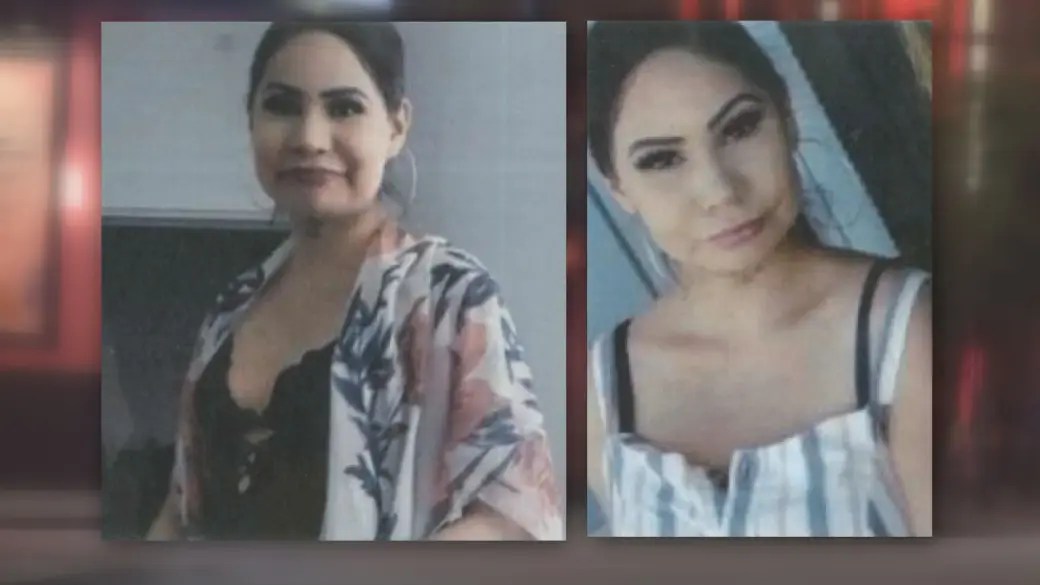Two prominent Indigenous groups in British Columbia are calling on the Vancouver Police Department to renew its investigation into the death of Chelsea Poorman.

Poorman, a member of the Kwacatoose First Nation in Saskatchewan, was last seen on Sept. 6, 2020, in downtown Vancouver. Her skeletal remains were found on the property of a vacant home in the upscale Shaughnessy neighbourhood on April 22.
Vancouver police have said her cause of death may never be determined, but that there was no evidence of foul play.
On Thursday, both the Union of B.C. Indian Chiefs (UBCIC) and the B.C. First Nations Justice Council issued statements condemning that conclusion, and calling for a renewed investigation into how she died.
Saying “new details” had emerged in the case, the justice council pointed to a statement by Poorman’s mother at a memorial Sunday that the coroner had reported her daughter was missing her cranium and some fingers when she was discovered.

“It is the duty of law enforcement to thoroughly investigate a death. If the Coroner expresses to the family that the body is not intact and there is no explanation why, then an investigation should be conducted,” said Anita McPhee, a member of the justice council.

Get daily National news
“It seems to us that the Vancouver Police Department has made a hasty judgment that there was no foul play involved,” added council chair Doug White QC.
“This gives me a sick feeling in my stomach because it is that kind of dismissive policing approach when it comes to Indigenous women, that resulted in the Pickton inquiry that uncovered a disastrous realization of what Indigenous women from the Downtown Eastside experienced.”
In its own statement, the UBCIC also cited questions around why Poorman’s body was not intact when found, along with mobility issues the then-24 year old had that would have made it difficult for her to get to Shaughnessy on her own.
“The VPD claim that Chelsea likely died on the property the night she disappeared or shortly thereafter. How is her death deemed ‘not suspicious’ since the VPD do not know why she would have been at a locked-up and vacant home in Vancouver’s most expensive neighbourhood?” UBCIC Secretary-Treasurer Kukpi7 Judy Wilson said.
Wilson said the union wanted the VPD to publicly apologize for its “slow response” to Poorman’s missing persons report, for trauma to the family from police communications and for announcing the case closed at a press conference.

Grand Chief Stewart Philip said the “glacial pace of the investigation” and the closure of Poorman’s case were “emblematic” of the crisis of missing and murdered Indigenous women and girls.
He called on the VPD to review the 231 calls for justice detailed in the 2016 national inquiry into missing and murdered Indigenous women and girls, and apply them to Poorman’s case.
“We demand that the case continues to be investigated and that the VPD retract their callous, hurtful and inaccurate statements,” Phillip said.
When asked by a reporter last Friday if the case was closed at the press conference announcing Poorman’s discovery, VPD spokesperson Sgt. Steve Addison said “this is a missing persons case and she’s no longer missing.”
But in an email Thursday, VPD Const. Tania Visintin said police continued to urge anyone with information to come forward.
“The case has never been closed and the investigation remains active,” Visintin said.
In a previous statement Sunday, the department maintained it had taken Poorman’s case seriously from the outset.
“The Vancouver Police Department began investigating Chelsea Poorman’s disappearance the day she was reported missing, and didn’t stop looking for her until she was discovered,” Visintin.
Visintin said the investigation had involved senior homicide officers and both the Missing Persons Unit and Major Crimes Section, who pursued “a number of investigative techniques.

“As investigators, we must always render our findings based on facts and evidence. Following a careful examination of all available facts and information, there is insufficient evidence to suggest her death was the result of a crime,” Visintin said.
Following Sunday’s memorial, Poorman’s mother said she would take her daughter home for a proper burial, but would return to Vancouver to continue to fight for answers about what happened to her.








Comments
Comments closed.
Due to the sensitive and/or legal subject matter of some of the content on globalnews.ca, we reserve the ability to disable comments from time to time.
Please see our Commenting Policy for more.